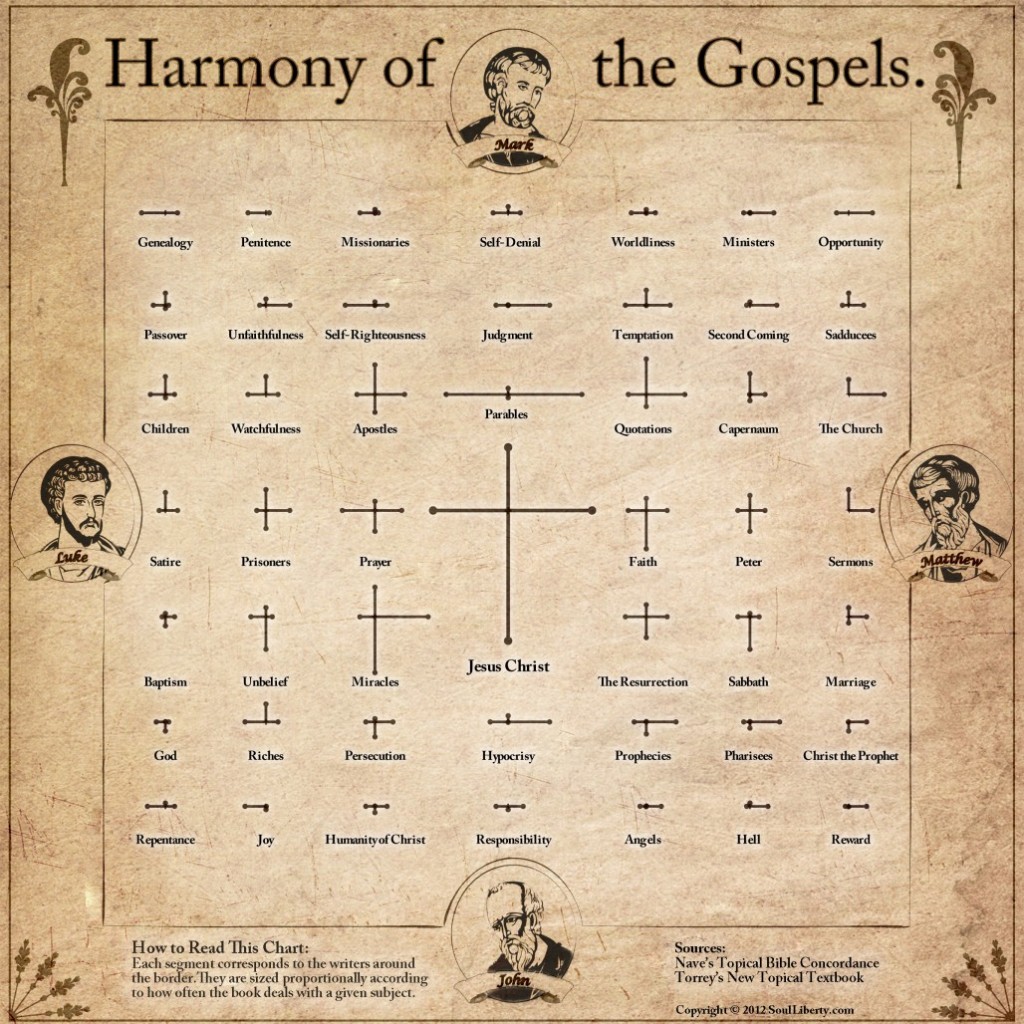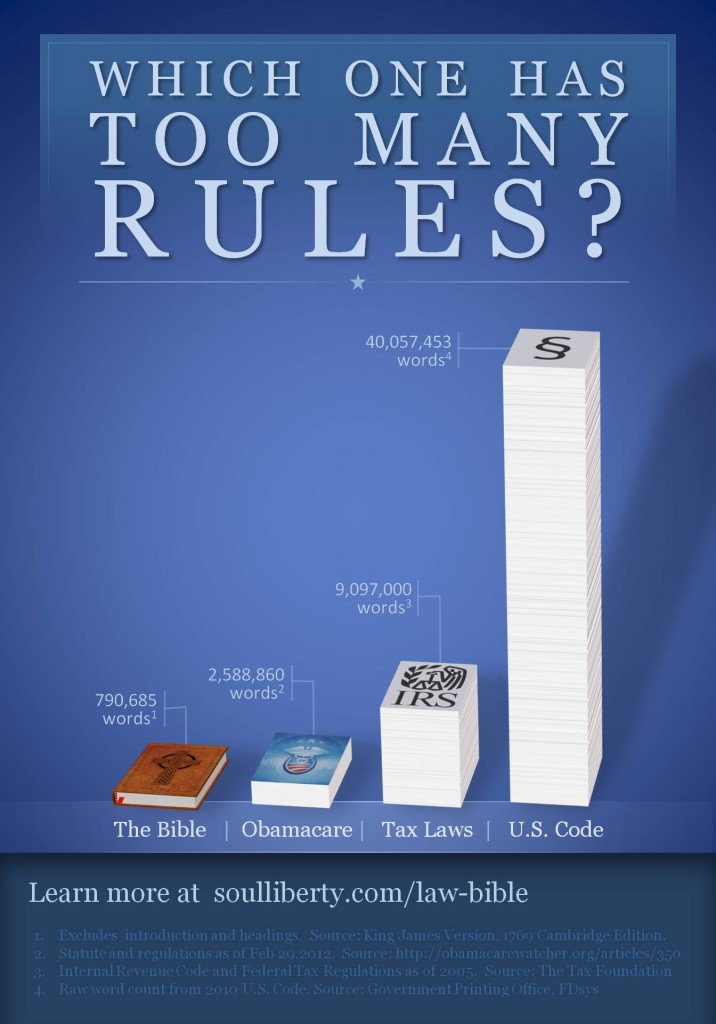Many scientists today argue that a belief in God as the Creator is detrimental to the advancement of our knowledge. Today’s most-quoted scientists, especially in the field of Biology, directly attack religion in large public forums. Richard Dawkins, a prominent evolutionary biologist, had this to say in his book, The Blind Watchmaker:
It is absolutely safe to say that if you meet somebody who claims not to believe in evolution, that person is ignorant, stupid or insane (or wicked, but I’d rather not consider that).
And it’s not limited to biology. World-renowned physicist Stephen Hawking is on record as saying:
I regard the brain as a computer which will stop working when its components fail. There is no heaven or afterlife for broken down computers; that is a fairy story for people afraid of the dark
But, has it always been this way? Is it necessarily true that the Bible’s history of our origins is at odds with the practice of scientific inquiry? To the contrary, many (if not most) of the scientists who either founded their field of study or at least are credited with its most important advancements routinely saw their work as seeking to better understand God through his Creation. The quotes below are a sample of what these men who were profoundly influential in a wide array of fields said years ago.
There are two books laid before us to study, to prevent our falling into error: first, the volume of the Scriptures, which reveal the will of God; then the volume of the Creatures, which express His power.
-Francis Bacon, Scientific Method
Atheism is so senseless. When I look at the solar system, I see the earth at the right distance from the sun to receive the proper amounts of heat and light. This did not happen by chance.
-Isaac Newton, Physics, Mathematics
Atheism is so senseless & odious to mankind that it never had many professors.
-Isaac Newton
O God, I am thinking Thy thoughts after Thee.
-Johannes Kepler, Astronomy
The more I study nature, the more I stand amazed at the work of the Creator.
-Louis Pasteur, Medicine
Finite man cannot begin to comprehend an omnipresent, omniscient, omnipotent, and infinite God … I find it best to accept God through faith, as an intelligent will, perfect in goodness and wisdom, revealing Himself through His creation.
-Werner Von Braun, Rocket Science
The conduct of God, who disposes all things kindly, is to put religion into the mind by reason, and into the heart by grace. But to will to put it into the mind and heart by force and threats is not to put religion there, but terror.
-Blaise Pascal, Hydraulics
When with bold telescopes I survey the old and newly discovered stars and planets when with excellent microscopes I discern the unimitable subtility of nature’s curious workmanship; and when, in a word, by the help of anatomical knives, and the light of chemical furnaces, I study the book of nature I find myself oftentimes reduced to exclaim with the Psalmist, How manifold are Thy works, O Lord! In wisdom hast Thou made them all!
-Robert Boyle, Chemistry
The flowers’ leaves… serve as bridal beds which the Creator has so gloriously arranged, adorned with such noble bed curtains, and perfumed with so many soft scents that the bridegroom with his bride might there celebrate their nuptials with so much the greater solemnity.
-Carl Linnaeus, Taxonomy
It is His work,” he reminded them; “and He alone carried me thus far through all my trials and enabled me to triumph over the obstacles, physical and moral, which opposed me. ‘Not unto us, not unto us, by to Thy name, O Lord, be all the praise.’
-Samuel Morse, Inventor




